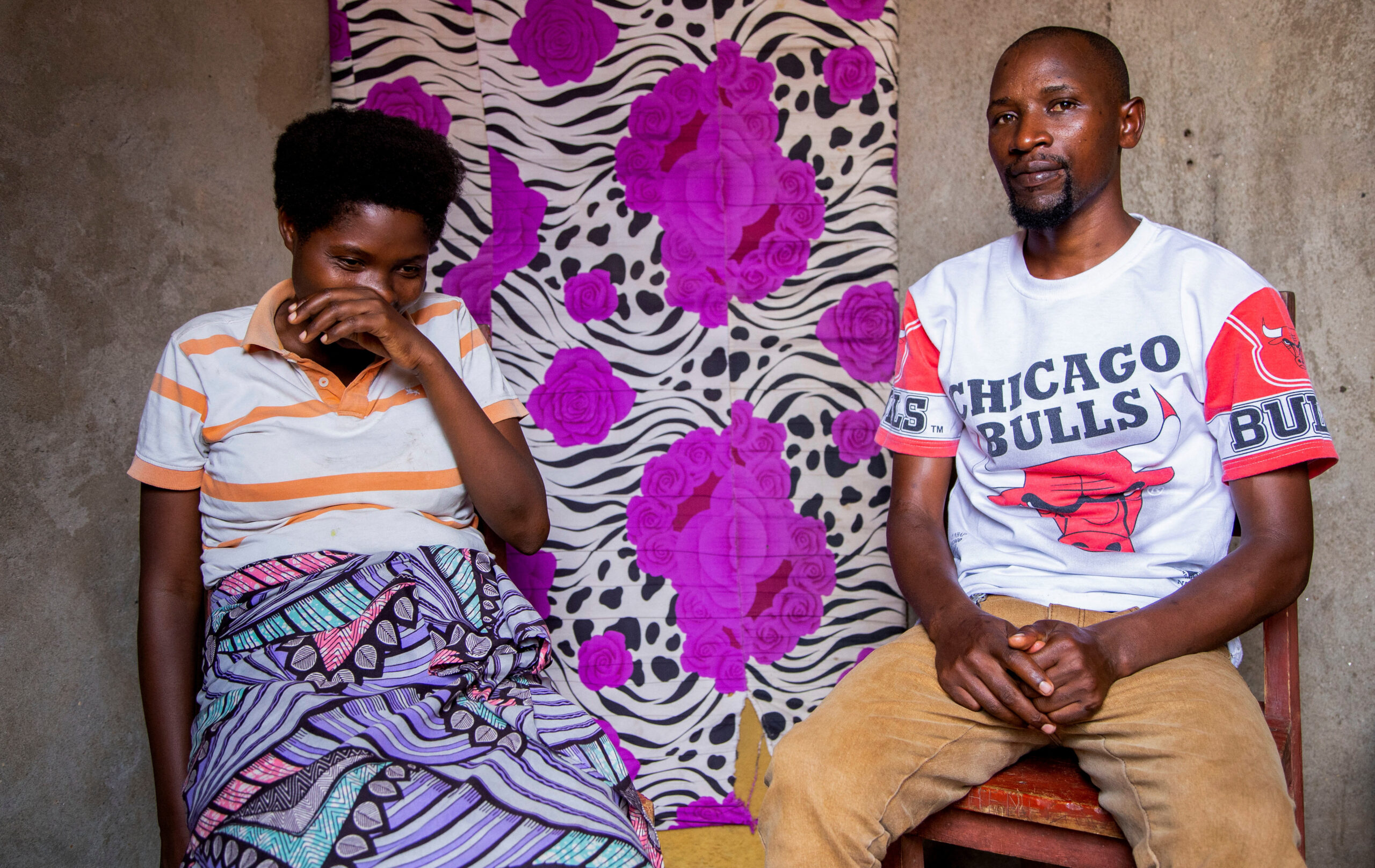
When Burundi tries to fight mpox, stigma makes things harder
Eric Mbonigaba got better from mpox after four weeks in the hospital, but the Burundian motorcycle cab driver says he is now being shunned because of the disease and could lose his home and job.
He was one of the first people in Burundi to be confirmed with mpox, and his problems show how hard it is for Africa’s second-worst-affected country to fight the disease.
Last month, the father of three and seven-year-old boys was released from the hospital. He went back to his home in Bujumbura, Burundi’s financial capital, but his landlord told him he had to leave.
“She wouldn’t take my rent.” “I could be kicked out of the house at any time, and my family and I have nowhere to stay,” Mbonigaba, 31, told Reuters.
Customers are scared off by the scars on his face that are left over from the pus-filled sores that he got from mpox, he said. A lot of people won’t even meet him.
His is not the only case like this.
Mbonigaba said that another patient was also going to be kicked out by his owner.
Last month, a U.N. health official told Reuters that Burundi could stop the outbreak in a few weeks if it could get enough help and get rid of the negative attitudes about mpox.
Paul Ngwakum, Regional Health Adviser for Eastern and Southern Africa for UNICEF, said, “It will take a long time if people are scared and don’t want to come forward.”
Since July 25, Burundi has seen almost 600 cases.
Mbonigaba said that some of his friends decided to buy medicines and treat their symptoms at home without telling anyone, which is against government rules that say people with mpox should go to a hospital for free care.
The government hasn’t said anything in public about how shame affects the fight against mpox. A spokeswoman for the ministry of health said that the matter would be “investigated.”
The World Health Organization says that the disease is thought to have killed more than 800 people in Africa this year. Most of those deaths happened in the Democratic Republic of Congo, while none happened in Burundi.
All Categories
Recent Posts
Tags
+13162306000
zoneyetu@yahoo.com



